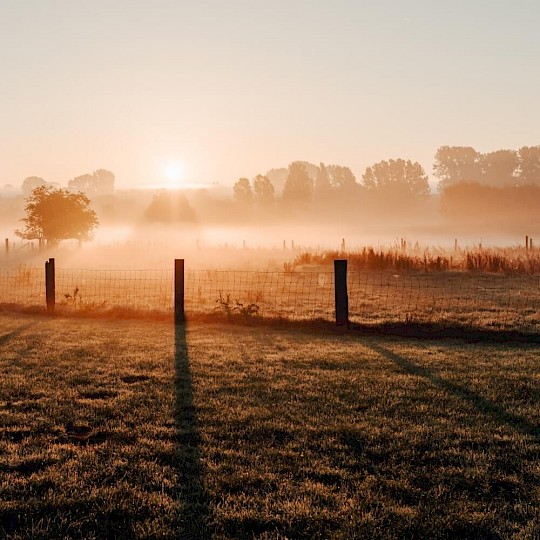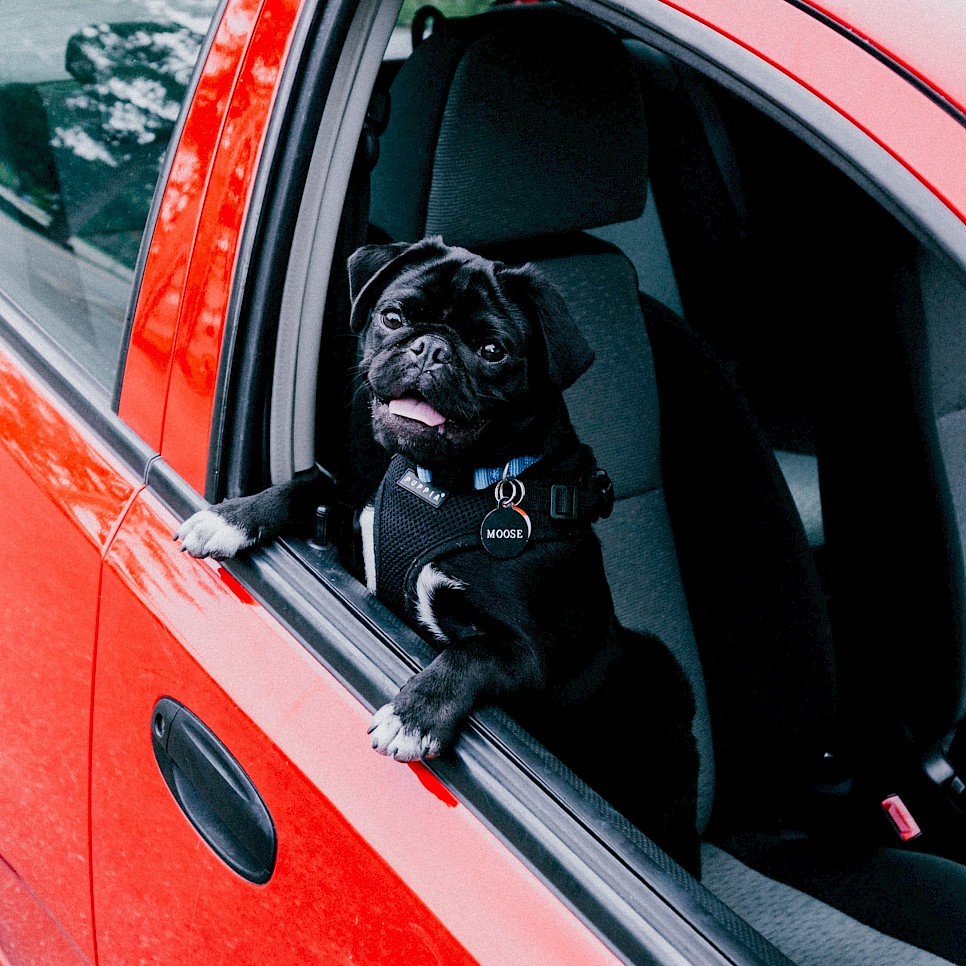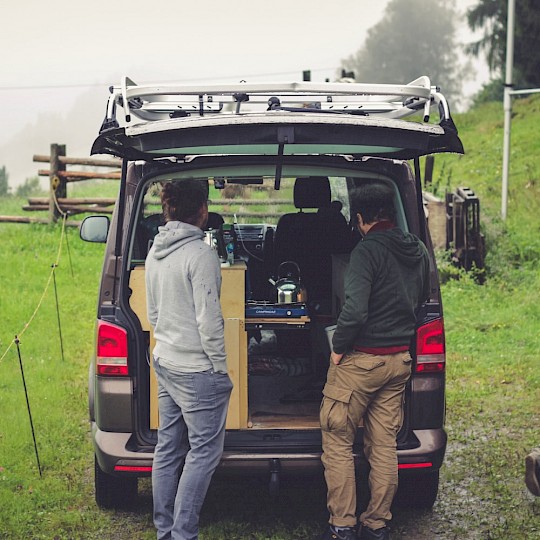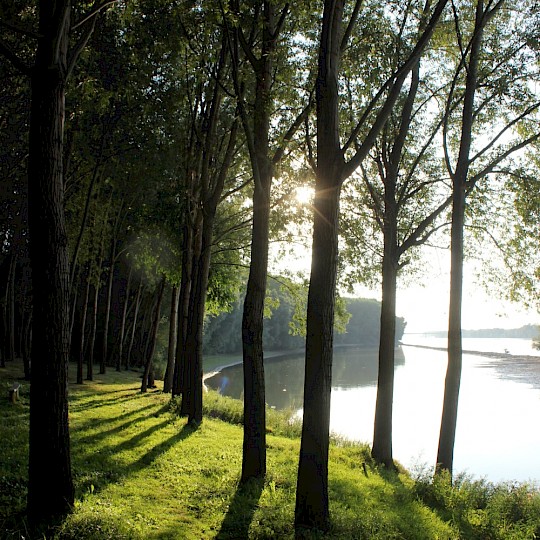Fact #1 - Village traditions
The Cooper's Hill cheese race or woman carrier in Dorking, in the country you can look at some strange traditions.
Fact #2 - Built close to the water
In England, you are never more than 113 km away from the nearest seashore, no matter where you are.
Fact #3 - Stamp upside down
If you want to send a postcard, make sure the Queen is not stuck upside down on the stamp. This is punishable by law.
Fact #4 - Short war
The shortest war in history lasted 38 minutes. It was the British-Zanzibar War of 1896.
Fact #5 - The sandwich comes from England
The sandwich was invented in 1729 by the fourth Earl of Sandwich when he had his food brought between two slices of bread.
Fact #6 - Hedges
England has the most hedges in the world, about 53,000 km. So be careful when driving, visibility may be limited.
Fact #7 - One of the cities with exclamation marks
In England, you will find one of only two cities in the world with an exclamation mark in its name. The English village "Westward Ho!
Fact #8 - Strange entertainers
The stranger kind of entertainers is flatulists. What do they do? The best way to describe them is as fart artists.
Fact #9 - Crossword Puzzle
According to experts, the English newspapers "London Times" and "Observer" publish the most difficult crossword puzzles in the world.
Fact #10 - The Swan Queen
All swans found on public lakes in England are owned by the Queen.


























